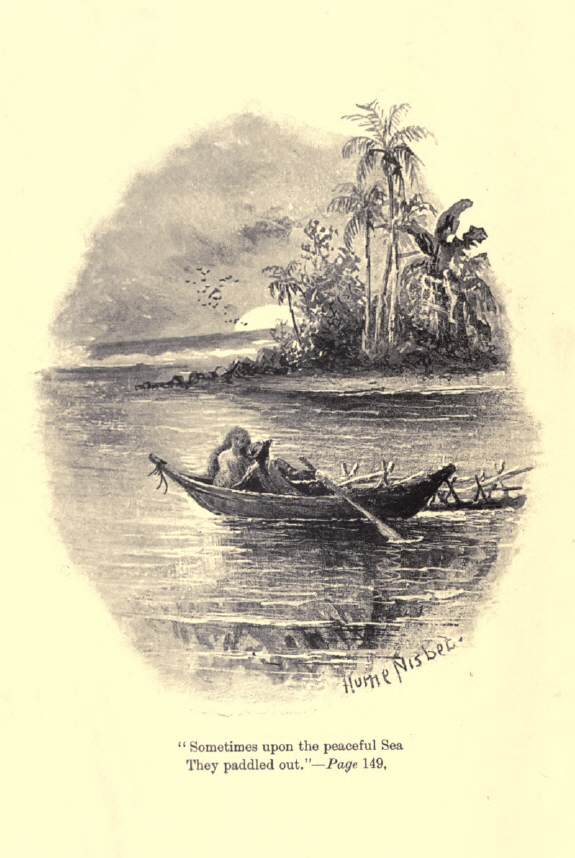ROBERT WILLIAMS BUCHANAN (1841 - 1901)
|
ROBERT WILLIAMS BUCHANAN (1841 - 1901) |
|
|
|
|
|
|
|
|
{The Outcast 1891}
111 IV. Pause, Moral Reader, ere you scold For your assistance, I’ll again “How peaceful, after all the pain “Then first I knew Thee, God! whose breath “Pass all the rest!—My Soul knew then “Long after, came my Luck. Despairing Much in this not too pious vein “So, as I’ve said, or just suggested, A “London” Note—“How faint to-day Another, blasphemous and fierce. “We feel too much, we know too little, 121 “O Mother, “Thy children babble of green fields! “What mercy hast Thou, Father? None, Bright crimson was the blood wherein “My sin “Mighty? No! My last quotation (for the present), “Pictor Ignotus! Power Unseen! “And when Thy task is done, when Art 129 V. There, where eternal Summer lingers, From dawn to dark the golden Light Such joy I’ve had on autumn eves Yet there are nobler things than pleasure, So the sweet days stole on, and still But even as the Snake once stole “This is the worst of Joy—the more And so, already, as I’ve told, 140 VI. Heroes? The noblest and the best Come up, ye Poets, and be tried! But hold! true Poesy keeps ever Some men, all women, worship Strength: Man is most godlike, I affirm, Dear foolish Creed! sweet Superstition! Well, to my Tale—for I’m digressing At times, indeed, despite the curse |
 |
|
Yet those were happy, happy days! 149 Almighty God, who out of clay 151 Back to our lovers! Could I tell
[Notes: _____
or back to The Outcast - Contents
|
|
|
|
|
|
|